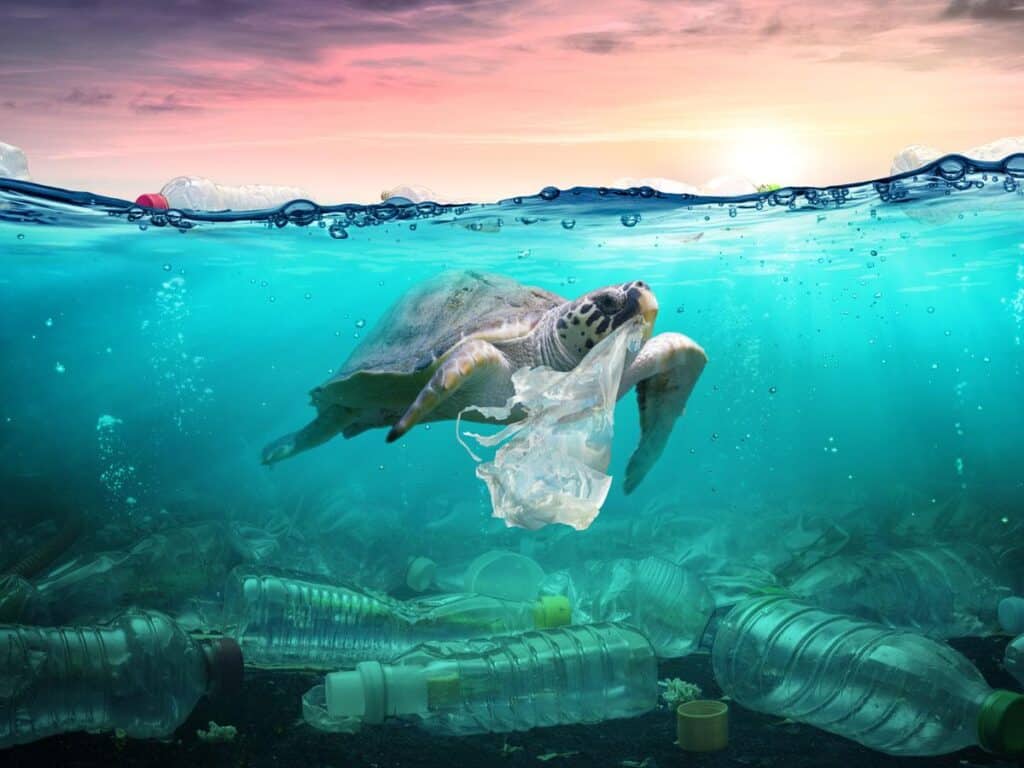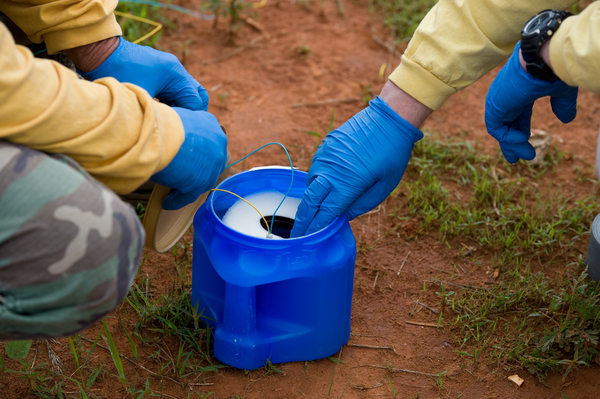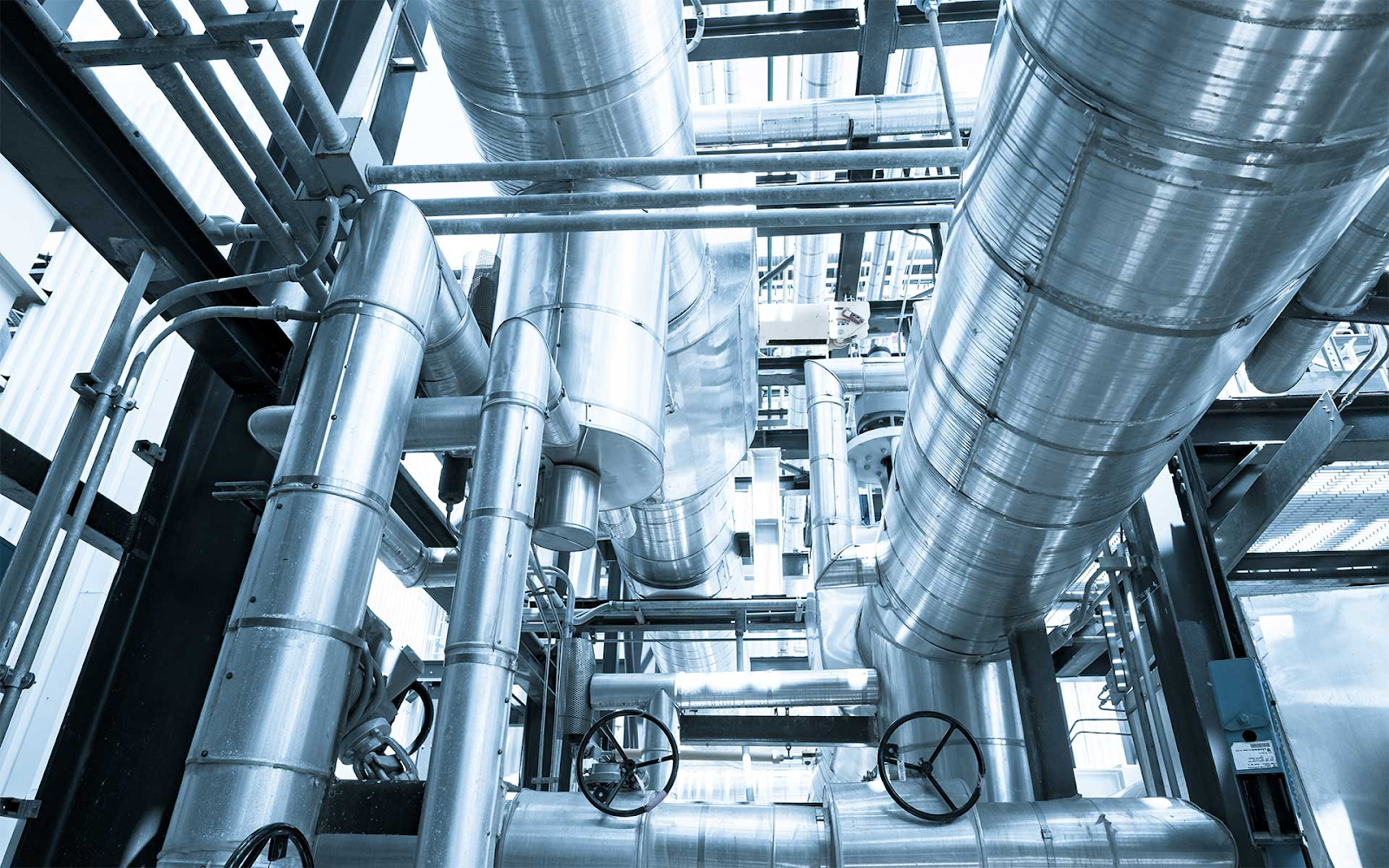The pollution caused by plastic poses a serious danger to the oceans of the world, which affects marine life as well as the ecosystems they reside. We experience the devastating effects of the waste produced by plastics on the ocean floor. We’ll examine the impact of marine pollution caused by plastic waste, and also discuss ways that divers can play an active part in tackling this issue on a global scale.
Microplastics are tiny bits of plastic that can be consumed by marine animals and can end up in their bodies as well as tissues, subsequently entering the food chain, resulting in fatal effects for the well-being of our planet and all of its inhabitants.
While we are becoming increasingly conscious of the dangers this material can pose to our lives the amount of plastic in our oceans is ever growing in addition, the pollution caused by plastic is an ongoing primary factors that contribute to marine species disappearance, health problems for humans as well as animals and the devastation of ecosystems.
What is the cause of plastic pollution in marine life?
Marine life is impacted by plastics from the human waste of single-use plastics and ineffective disposal of waste or microplastic particles. They persist due to their long-lasting nature, which can harm marine ecosystems when consumed. To address this issue, we must reduce the production of plastic, enhance garbage disposal, and increase awareness of responsible use of plastic to ensure the protection of marine environments.
The Scope of the Plastic Pollution Problem
A total of 8 million tonnes of plastics enter the ocean every year. Current estimates suggesting that by 2050, there will have more marine plastic than fish in terms of weight. The plastic waste is a major risk to marine life, it affects the balance between the underwater ecosystems, ultimately impacting the entire planet.
The Results of Plastic Pollution on Marine Life
Marine life is in danger due to plastic pollution, such as the possibility of entanglement, ingestion, and disturbance of habitat. These risks can cause injuries, starvation, or even death for numerous marine species, from microscopic organisms to the largest whales.
Furthermore, when plastic is broken into microplastics, it is ingested by marine life and then makes its way through the food chain, eventually impacting human health too.
How Divers Can Make a Contrast
Divers have the unique chance to play a role in the fight against pollution caused by plastic. Participating in cleanups of the underwater as well as reducing their use of plastic and promoting policies which address the root factors that contribute to plastic pollution, Divers can turn the tide towards healthy oceans.
Divers can also leverage their experiences as well as the photos they take underwater to create awareness of the issue and encourage others to get involved.
Role in Fighting Plastic Pollution
We’re committed to promoting eco-friendly dive practices and helping to support ocean conservation efforts. With our reusable bags as well as other sustainable products, we hope to decrease the use of single-use plastics and increase awareness of the importance of preserving our oceans.
Through our involvement with our community composed of mindful divers, we aim to encourage people to make a difference in their daily lives and help in the global effort to fight pollution caused by plastics.
Conclusion
The issue of plastic pollution is a massive and complex issue that requires a concerted effort to tackle. As divers, we’re in the best position to see the effect of the problem on marine life, and can play a significant role in reducing the negative impacts. Through adopting environmentally friendly practices for diving, taking part in conservation efforts, and raising awareness of the need to protect the ocean, we can aid in creating a healthier and more sustainable future for our planet.
Because it affects marine life, food chains, and plastic pollution is a serious danger to the sea ecosystems. Plastics disrupt the natural balance and risk numerous species by entanglement and ingestion. However, we can lessen plastic pollution, increase awareness, and contribute to the preservation of our seas for future generations by acting responsibly, particularly within communities like divers.
FREQUENTLY ASKED QUESTIONS:
Which marine animal species are most impacted by plastic pollution?
Among the most impacted are fish, seabirds, whales, dolphins, and sea turtles, who frequently become entangled or consume the material.
Describe microplastics and explain their risk.
Marine animals can readily consume microplastics, which are microscopic pieces of plastic. They may result in internal harm and exposure to toxins, and they build up in the food chain.
How does the ocean get contaminated by plastic?
By direct dumping from boats and coastal areas, rainwater runoff, inadequate trash management, and littering.
Can human health be impacted by plastic pollution?
In agreement. Seafood and drinking water may eventually contain microplastics that marine animals eat, which could hurt human health.
How might divers contribute to the decrease of plastic pollution in the ocean?
Divers may decrease the use of single-use plastics, take part in underwater cleanups, and spread awareness through photography and narrative.




